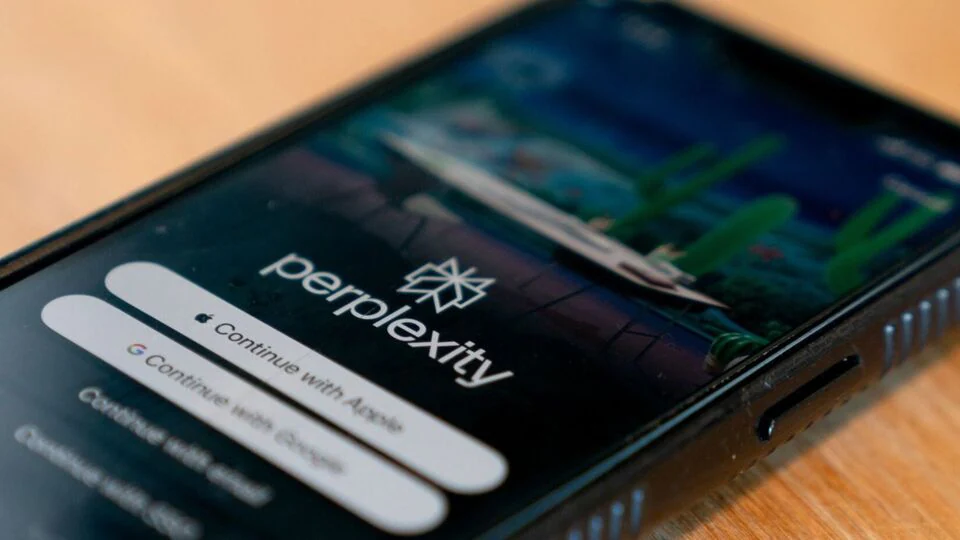Perplexity AI has reportedly made a $34.5 billion offer to acquire Google’s Chrome browser, as the tech giant faces potential antitrust-driven pressure to sell. The proposed sum, outlined in a letter of intent seen by AFP, is nearly double the startup’s recent valuation of $18 billion.
“This proposal is designed to satisfy an antitrust remedy in the highest public interest by placing Chrome with a capable, independent operator focused on continuity, openness, and consumer protection,” said Perplexity CEO Aravind Srinivas.
The offer comes as Google awaits a ruling from US District Court Judge Amit Mehta on possible remedies following last year’s landmark decision declaring that Google maintained an illegal monopoly in online search. U.S. government attorneys have called for Google to divest Chrome, arguing that the rise of artificial intelligence could further cement the company’s dominance as the primary gateway to the internet.

Google has opposed the divestment, with a decision expected by the end of the month. The company has emphasized that divesting Chrome would have global implications, noting that more than 80% of Chrome users are outside the United States. Google attorney John Schmidtlein warned that any spun-off version of Chrome would be a “shadow of the current Chrome,” potentially leaving users worse off.
Analysts have expressed skepticism about Perplexity’s offer. Baird Equity Research called the proposal “vastly undervalued” and suggested it may be more of a strategic move to influence the antitrust decision or encourage other bidders, given that Perplexity already operates a competing browser.
“If Chrome were independent or no longer affiliated with Google, it could be advantageous for Perplexity as it seeks to increase browser market share,” Baird analysts said.
Critics of the government’s push for divestiture, including Jennifer Huddleston of the Cato Institute, argue that forcing Google to sell Chrome could hinder innovation, harm smaller players, and ultimately produce worse products for consumers.
The news comes amid intense competition in the browser and search markets, with rivals such as Microsoft, ChatGPT, and Perplexity leveraging generative AI to provide faster, smarter information retrieval. Google, meanwhile, continues to invest heavily in AI, integrating the technology into its search engine and other online services.




